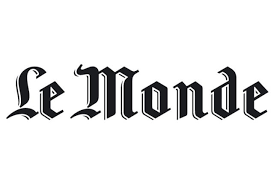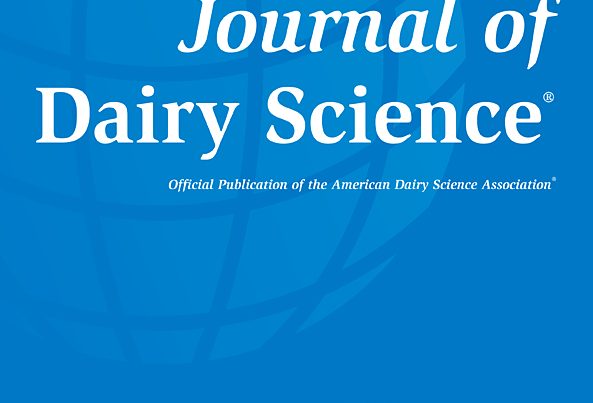Document type : article published in Le Monde
Author: Le Monde, with AFP
Preview: Two vaccines tested in France have proved "highly effective" in protecting ducks from bird flu, according to an announcement by the French National Agency for Food, Environmental and Occupational Health Safety (Anses) and the Ministry of Agriculture on Thursday May 25, paving the way for nationwide vaccination. After a lull of a month and a half, the virus has been flaring up again since the beginning of May in the South-West of France, infecting more than seventy farms, notably in the Gers area.
Each incident leads to the slaughter of infected animals (mainly palmipeds), a strategy of preventive slaughter of healthy animals in the vicinity is put in place, and poultry production is disrupted for an extended period. The repeated nature and scale of avian flu crises (over 20 million birds slaughtered in 2021-2022 in France, and already over 6 million in 2022-2023) have convinced European countries of the need to devise a vaccination strategy.
In France, trials were launched last year for two possible vaccines developed by Boehringer Ingelheim and Ceva Santé Animale. Their purpose is to protect ducks raised for foie gras from the virus. France's European neighbors are testing vaccines for other species of poultry..
Direct transmission "almost halted", and indirect transmission "eliminated"
The French trial involved several thousand ducks, some vaccinated and some not. The birds were euthanized at the end of the process. The "favorable results are sufficiently reliable for a vaccination campaign to be launched in autumn 2023", states the French Ministry of Agricultureon its website.
A small number of ducks that had previously been vaccinated were innoculated with the version of the virus currenly prevalent in France and around the globe, to measure the extent to which they shed the virus and discover whether they could still infect other ducks. " Vaccination resulted in very low viral shedding by the inoculated animals" by either respiratory or digestive routes, commented Béatrice Grasland, who heads the lPloufragan-Plouzané-Niort laboratory that acts as the Anses national reference laboratory for avian influenza.
The two vaccines, with "very similar" results, also "almost prevented direct transmission" - when the animals are in close contact - and "eliminated" indirect (airborne) transmission, i.e. potentially from one farm building to another. For unvaccinated animals, "each inoculated animal infected another animal every two hours", explained the researcher.
Conversely, birds that were vaccinated remained "almost uncontaminated" by their neighbors "even those in direct contact, in the same pen, and with droppings that were infected". "It's highly effective", Dr Grasland concluded, noting that, under these conditions, "normally an epidemic will be avoided".
80 million doses pre-ordered
When contacted, the French laboratory Ceva Santé Animale, whose vaccine is RNA-based, simply stated that it had applied to the French Veterinary Medicines Agency (ANMV) for authorization to market the product. It has also responded to a call for tenders from the French Ministry of Agriculture, who announced in April that it had "pre-ordered 80 million doses".
According to the Ministry, France plans to prioritize the vaccination of ducks (starting with hybrid mulard birds, but also, Peking and Muscovy ducks - the latter being raised for their meat), given their "particular role" in epizootic outbreaks. Ducks are highly susceptible to the virus, shedding it into the environment even before symptoms appear, thereby contributing to the silent transmission of avian flu.
The vaccination of "pullets that are future layers" is also being considered, says the Ministry, "in order to maintain egg production capacity (...) and in view of the fragility of the sector during past crises". Vaccination raises not only technical challenges for the management of product availability and manpower, it also affects the market and may become a diplomatic bone of contention, as poultry professionals fear that export markets will be closed to them if their animals are vaccinated.






